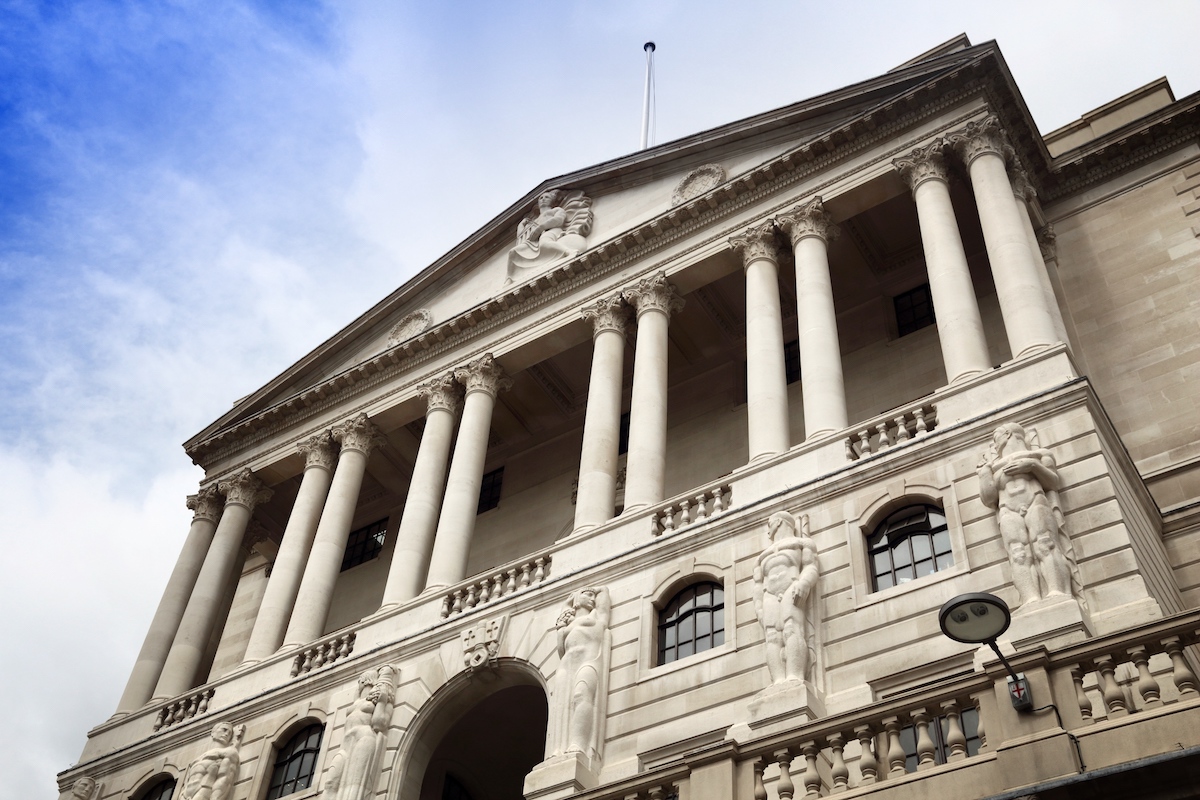Dear visitor,
You're reading 1 of your 3 free news articles this quarter
Register with us for free to get unlimited news, dedicated newsletters, and access to 5 exclusive Premium articles designed to help you stay in the know.
Join the UK's leading credit and lending community in less than 60 seconds.
BoE: Rates could rise again in May
Catherine Mann, an interest rate-setter at the Bank of England (BoE), warned borrowing costs would probably have to rise further.

Senior Journalist, covering the Credit Strategy and FSE News brands.
This is because consumer demand is unlikely to fall soon enough to prevent businesses from hiking prices, according to Mann.
Mann was one of BoE’s minority Monetary Policy Committee (MPC) members to vote for a half-percentage point increase in interest rates in February 2022, due to concern about rising inflation expectations.
On 21 April she said her “central concern” has been “the domestic inflation ratchet” in a BoE webinar speech.
She noted that, in the past, central banks assumed they could largely ignore isolated inflationary shocks – such as oil price spikes.
But the British economy has faced a spate of recent shocks, she said. This began with a fall in sterling due to the UK’s vote to exit the European Union in 2016, followed by stress on the supply chain due to Covid-19 and now the energy price surge exacerbated by Russia’s invasion of Ukraine.
Mann said the BoE needed to push back against assumptions that this was a normal state of affairs.
"Monetary policy needs to keep inflation expectations anchored; by doing so now, less tightening will be required later, when demand may still be weak,” she commented.
During a question-and-answer session, she added: "We want to avoid inflation getting out of control. And it may mean that interest rates go up a little bit".
British inflation hit a 30-year high of seven percent in March 2022.
For Mann, the fall in consumer demand would not come soon enough to stop businesses increasing prices.
"Tracking these price expectations and forecast revisions is of paramount importance since inflation ultimately is due to firms systematically able to raise their prices," she said.
On Tuesday the International Monetary Fund forecast Britain would have the highest inflation of any major advanced economy next year, as well the slowest growth.
Mann chose not to comment on the chance of a recession while the central bank was in the middle of updating forecasts for its May meeting, but said there were already some characteristics of stagflation.
But former MPC member Danny Blanchflower, professor of economics at elite US university Dartmouth College, said Mann’s concern for persistent inflation was based on “no evidence”.
“There is nothing in the survey evidence to show that households or financial markets believe inflation is going to last and no evidence that workers have the clout to increase wages by more than inflation.
“All the evidence points to there being a recession around the corner driven by higher taxes, rising energy and food costs and an evidence-free increase in interest rates”.
Stay up-to-date with the latest articles from the Credit Strategy team
Get the latest industry news





